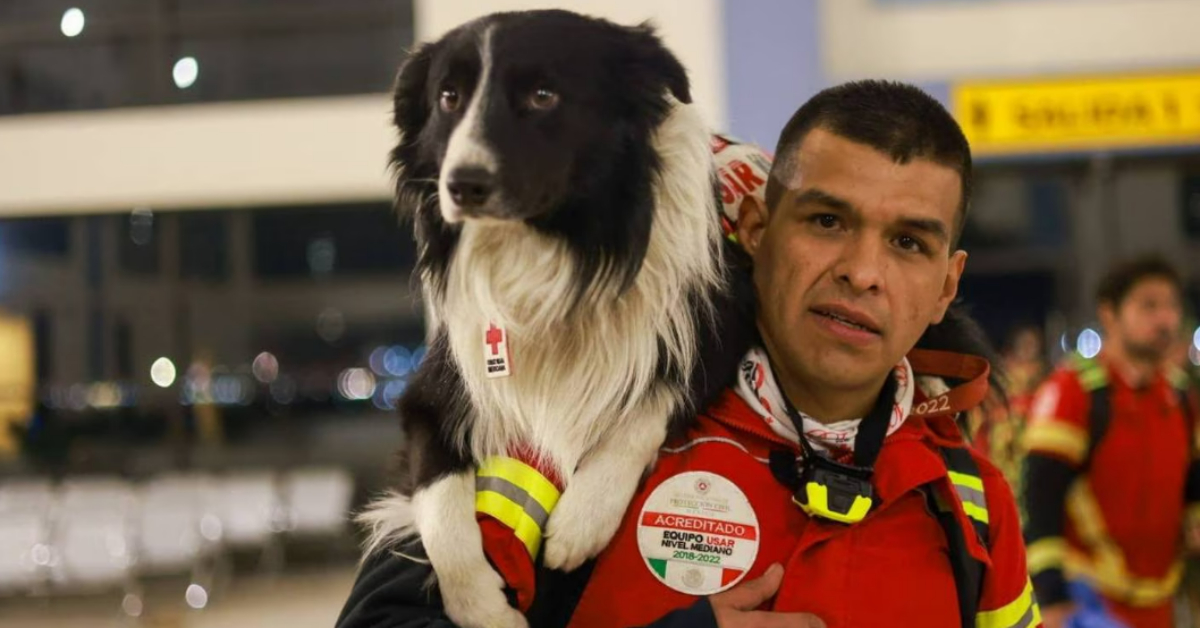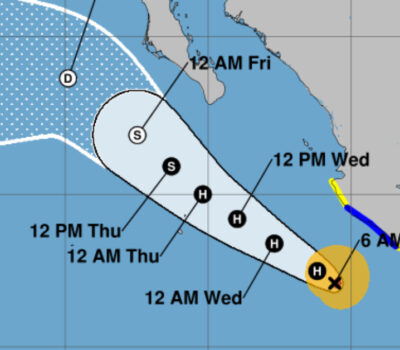Mexico will stand in solidarity to collaborate in the rescue of victims of Monday’s earthquakes in Turkey and Syria, which have left more than 5,000 dead and at least 21,000 injured.
On Monday, rescuers from the Secretary of the Navy, Mexican Army, Red Cross, and Los Topos (the moles), took flight towards the disaster area.
A Mexican Air Force plane took off with humanitarian aid and about 100 rescuers and canine teams for rescue work after the devastating earthquakes.
Foreign Minister Marcelo Ebrard confirmed at night that the Mexican Army, Red Cross, Navy, Los Topos, and canine pairs will help in the search and rescue of trapped people.
Among the dogs that travel to Turkey are Rex, July, Orly and Balam, from the Red Cross; Timba, from Sedena and Ecko from Semar, who have training in search and rescue.
Anneth Villafaña takes July, eight years old; while Ángel Hernández is accompanied by Rex, a puppy with five years of training. Both are from the Red Cross. Meanwhile, Timba is from the Sedena team; Ecko is from the Navy and helped in the rescue of the earthquake in Mexico City on September 19, 2017, along with Frida and Evil.
Los Topos de México, as well as rescue teams from Sedena and Semar, are flying to Turkey to join thousands of people from all over the world in the time-consuming search for survivors under the hundreds of collapsed buildings in the country.
Earthquake in Turkey leaves thousands dead
Rescue teams work in Turkey, after a magnitude 7.8 earthquake with multiple aftershocks.
The earthquake was noticeable in Syria, as well as in Lebanon and Egypt.
The Turkish authorities have reported that there are about 6,000 collapsed buildings and they have been overwhelmed in the rescue efforts.
Mexico and other countries such as South Korea, Pakistan and India, among many others, have sent aid to support the rescues.
Until Tuesday, an estimated 5,000 people have died and there are up to 21,000 injuries in Turkey.
Mexico will stand in solidarity to collaborate in the rescue of victims of Monday's earthquakes in Turkey and Syria, which have left more . . .












